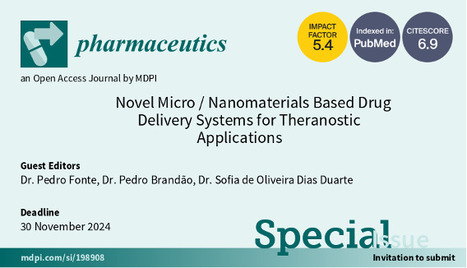
We are excited to announce the call for submissions for the upcoming Special Issue of Pharmaceutics, titled "Novel Micro/Nanomaterial Based Drug Delivery Systems for Theranostic Applications". As guest editors, Pedro Fonte, Pedro Brandão, and Sofia Duarte, we eagerly invite your contributions to this innovative and rapidly evolving field. This Special Issue aims to highlight the latest advancements in micro- and nanomaterials, particularly in their application to drug delivery systems for theranostic purposes. The intersection of nanotechnology and medicine is paving the way for breakthroughs in healthcare, allowing for the creation of more effective drug delivery mechanisms that can diagnose and treat diseases simultaneously. Our focus is on how these advanced materials can improve therapeutic efficacy, reduce side effects, and transform disease management. For more information, please visit the Special Issue page.



 Your new post is loading...
Your new post is loading...


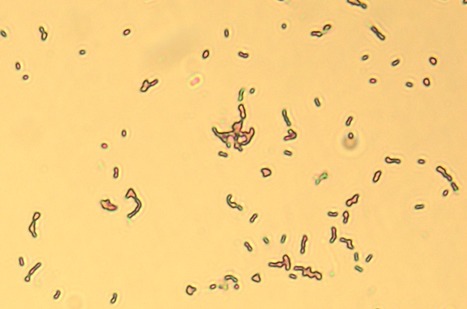
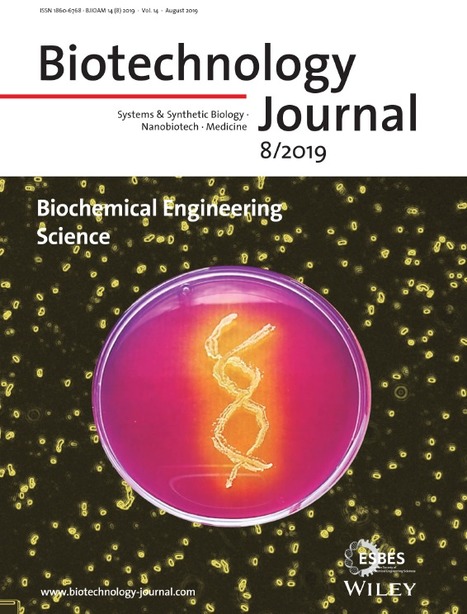
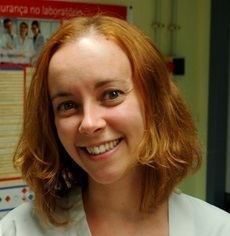
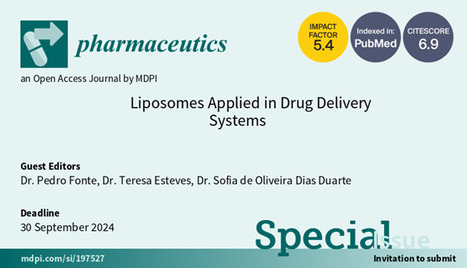
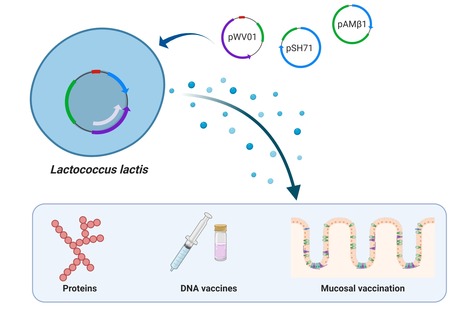
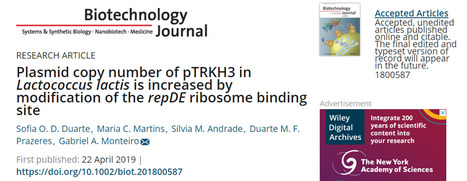
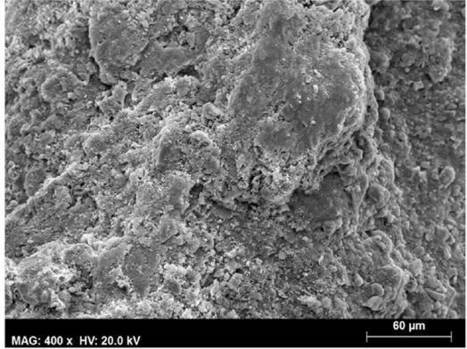





The submission deadline is 30 November 2024. All submissions will undergo the peer-review process of Pharmaceutics, and authors will enjoy benefits such as open access and high visibility, rapid turn-around time averaging 16.6 days from submission to first decision, and a free English editing service after acceptance.
We kindly request a short tentative abstract (100–150 words) describing your contribution's topic within the next month if you are interested in participating. For any questions or to submit your abstract, please contact us.